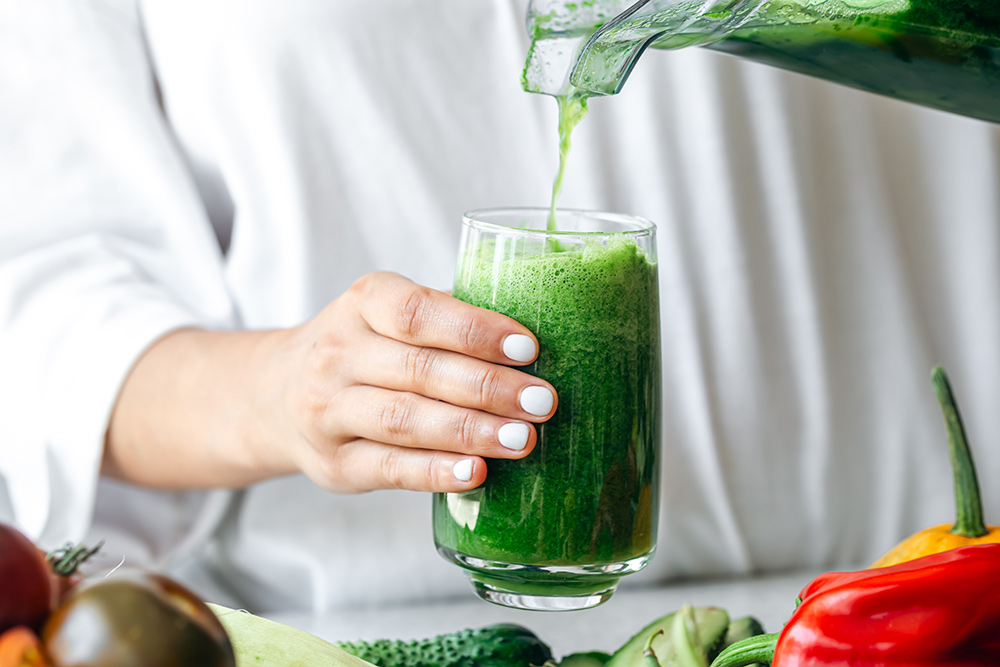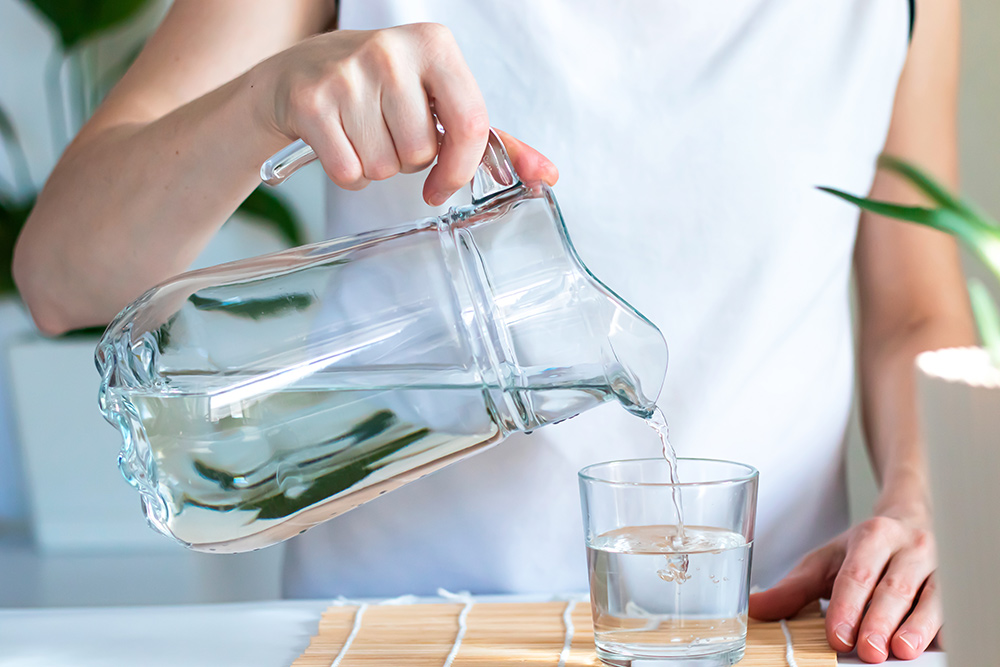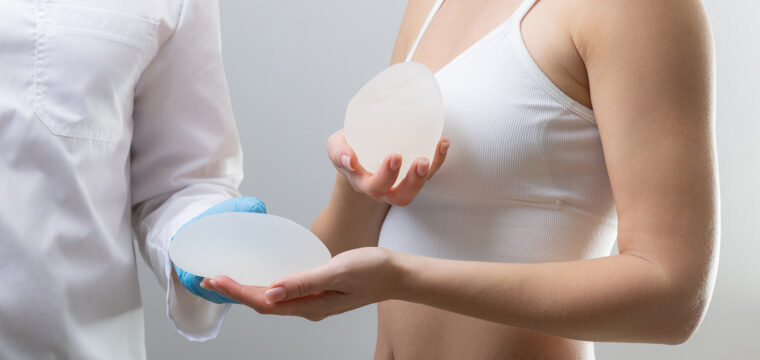- 12 November 2025
- Mr A. Siddiqui
Last updated on November 12, 2025
Table of Contents
ToggleIf you’re preparing for surgery and currently using Mounjaro (tirzepatide) for diabetes or weight management, it’s important to plan your nutrition carefully. In this article Mr Siddiqui from Breast and Body Clinic explains what this journey looks like.
Mounjaro affects digestion and appetite, and making the right food choices in the weeks leading up to your procedure can help you recover faster, reduce complications, and manage blood sugar safely.

Here’s What To Know About Eating Well While On Mounjaro Before Surgery
1. Understand Why Diet Matters Before Surgery
Mounjaro works by slowing down how quickly food leaves your stomach (a process called gastric emptying).
While this helps you feel full longer, it can also increase the risk of nausea or regurgitation during anesthesia if your stomach isn’t empty.
That’s why doctors often recommend:
- Pausing Mounjaro about 7 days before surgery (check with your healthcare provider for exact timing)
- Following a light, easy-to-digest diet in the weeks leading up to your procedure
2. Focus on Gentle, Nutrient-Rich Foods
In the 2–3 weeks before surgery, aim for foods that support your immune system, maintain muscle, and promote healing — without causing stomach discomfort.
Best choices include:
- Lean proteins: chicken, fish, eggs, tofu, Greek yogurt
- Cooked vegetables: carrots, zucchini, spinach, pumpkin, green beans
- Whole grains: oats, brown rice, quinoa
- Healthy fats: olive oil, avocado, small amounts of nuts or seeds
- Low-acid fruits: bananas, berries, apples, and melons
Tip: Eat slowly, chew well, and stop when comfortably full. Large or heavy meals may trigger nausea or bloating while on Mounjaro.
3. Foods to Limit or Avoid
To protect your stomach and manage blood sugar, reduce or avoid:
- Fried, greasy, or spicy foods
- High-fat meats (like sausage or bacon)
- Sugary drinks, sweets, and processed snacks
- Carbonated beverages or alcohol
- Large raw salads or gas-forming vegetables (broccoli, cauliflower, beans)
These foods can delay digestion even more or increase post-meal discomfort.
4. Stay Well Hydrated
Dehydration can worsen side effects like nausea and constipation.
Aim to drink 6–8 glasses of water daily, or choose clear fluids such as:
- Herbal teas
- Water with lemon or cucumber
- Low-sodium broth
- Electrolyte-enhanced water (if approved by your doctor)
Avoid alcohol and limit caffeine, as both can dehydrate your body.
5. The Week Before Surgery
As your procedure date approaches, transition to smaller, lighter meals with emphasis on soft, low-fat, and low-fiber foods like oatmeal, scrambled eggs, mashed potatoes, or smoothies.
Avoid trying new foods that might upset your stomach and confirm with your surgeon when to stop Mounjaro and when to begin fasting before the operation.
6. After Surgery: Ease Back into Eating
Once you’re cleared to eat again post-surgery, start slow and begin with clear liquids, then soft foods.
Focus on protein-rich, low-fat, low-sugar meals to promote healing and only restart Mounjaro when your doctor advises.

Eating well before surgery while taking Mounjaro is about gentle nourishment and preparation.
Choose light, nutritious foods, stay hydrated, and avoid anything that slows digestion or irritates your stomach.
Most importantly, always coordinate your diet and medication plan with your surgeon or healthcare provider to ensure a safe and smooth surgical experience.
FAQs
Should I stop taking Mounjaro before surgery?
Most doctors recommend pausing Mounjaro around 7 days before surgery to reduce the risk of nausea, vomiting, or delayed stomach emptying during anesthesia. However, you should only stop the medication under your doctor’s guidance, as individual recommendations may vary.
What should I eat if I stop Mounjaro before surgery?
Once you stop Mounjaro, switch to light, easy-to-digest foods such as soups, scrambled eggs, oatmeal, smoothies, and cooked vegetables. Focus on staying hydrated and avoiding large, heavy, or greasy meals.
Can I fast safely while taking Mounjaro before surgery?
Fasting requirements depend on your procedure and medication schedule. Because Mounjaro affects how long food stays in your stomach, you may need to start fasting earlier than usual. Always confirm fasting instructions with your surgeon or anesthesiologist.
What foods should I avoid in the weeks before surgery while using Mounjaro?
Avoid fried, fatty, and spicy foods, as well as high-fibre vegetables (like broccoli or beans) that may cause bloating. Limit sugar, carbonated drinks, and alcohol, all of which can slow digestion or irritate the stomach.
Can dehydration make Mounjaro side effects worse before surgery?
Yes. Dehydration can increase nausea and constipation. Drink 6–8 glasses of water daily, and consider clear broths or electrolyte drinks if approved by your doctor.
When can I restart Mounjaro after surgery?
Only resume Mounjaro when your healthcare provider gives the all-clear. Most doctors will wait until you’ve returned to normal eating patterns and your digestion has stabilised.
What if I feel nauseous before surgery while taking Mounjaro?
If nausea becomes frequent, stick to small, bland meals (like rice, mashed potatoes, or toast) and sip clear fluids. Notify your healthcare provider if symptoms persist or worsen.
Does Mounjaro affect anaesthesia?
Mounjaro can slow digestion, which increases the risk of food remaining in your stomach during anaesthesia. This is why it’s essential to follow medical advice about when to stop the medication before your procedure.
The information on the website is for general guidance only and cannot be used as a basis to make a surgical decision, an initial consultation with our doctor is required to help patients make an informed decision before proceeding with any surgical procedure. Any surgical or invasive procedure carries risks. Before proceeding, you should seek the opinion of an appropriately qualified health practitioner
About The Author
Mr A. Siddiqui
Mr Siddiqui is a Consultant Plastic and Cosmetic Surgeon, based at The Countess of Chester Hospital in the Department of Plastic and Reconstructive Surgery. He trained extensively in plastic surgery before becoming a Consultant in the NHS and developing a private practice in Manchester and other areas of the Northwest. He is considered to be one of the top 10 cosmetic surgeons in Manchester.
Categories
- Brachioplasty (3)
- Breast Augmentation (24)
- Breast Health (12)
- Breast Implants (18)
- Breast Lift (10)
- Breast Reduction (14)
- General (2)
- Gynecomastia (2)
- Labiaplasty (2)
- Liposuction (13)
- Mummy Makeover (9)
- Skin Cancer (1)
- Skin Care (1)
- Tirzepatide (1)
- Tummy Tuck (21)
Recent Posts
23 September 2025
16 September 2025
9 September 2025
Liposuction vs. CoolSculpting: How to Choose the Best Option for You
















